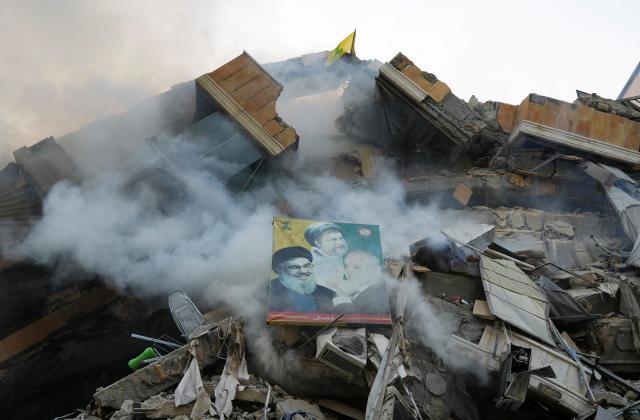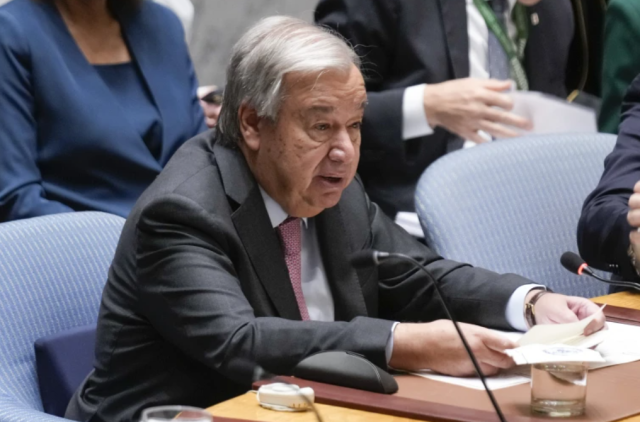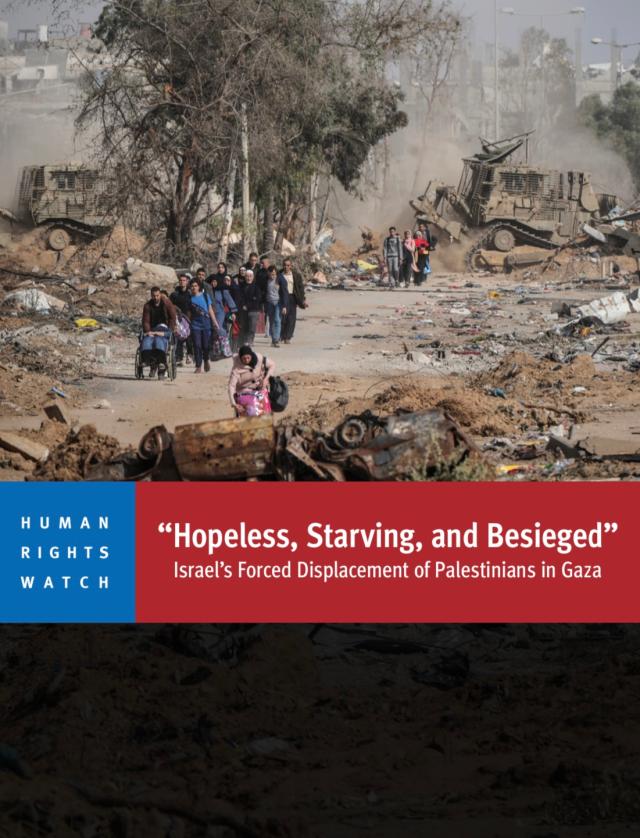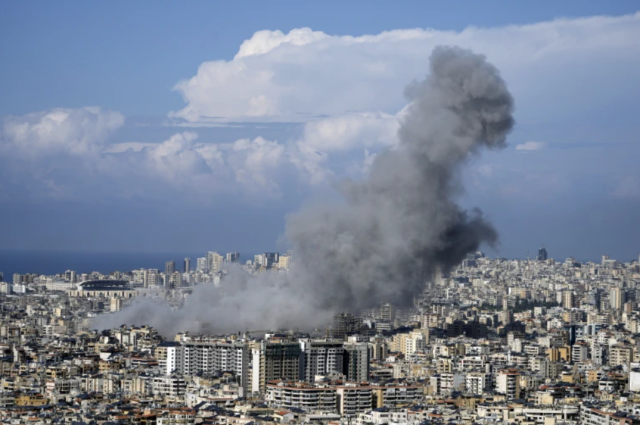
A long-awaited ceasefire has brought some relief to Lebanon, where over 3,500 people have been killed and more than a million displaced due to Israeli airstrikes.
In Israel, however, the ceasefire has led to frustration, especially in northern towns that have emptied out. Local officials worry the pause could allow Hezbollah to regroup. A recent poll showed mixed opinions in Israel, with many questioning whether Hezbollah has truly been defeated.
The ceasefire follows a series of Israeli military successes, including the killing of Hezbollah leader Hassan Nasrallah. Prime Minister Benjamin Netanyahu supported the ceasefire, highlighting the completion of key military goals in Lebanon and the need to focus on other threats, including Iran. Hezbollah's backers, including Iran, also support the truce to give the group time to recover.
Despite the ceasefire, Hezbollah vowed to keep resisting Israel, with a statement from its operations center promising to monitor Israel's withdrawal while remaining prepared for more conflict.
The ongoing conflict, which intensified after last year’s Gaza war, has claimed at least 3,768 lives in Lebanon, according to the Lebanese health ministry. U.N. Secretary-General Antonio Guterres called the ceasefire "the first ray of hope" in months of turmoil, while Iran welcomed it, hoping it would last.
In Lebanon, some residents returned to their homes, waving flags and celebrating, while others honked their horns in the streets, showing a mix of relief and uncertainty about what comes next.
Copyright ⓒ Aju Press All rights reserved.



